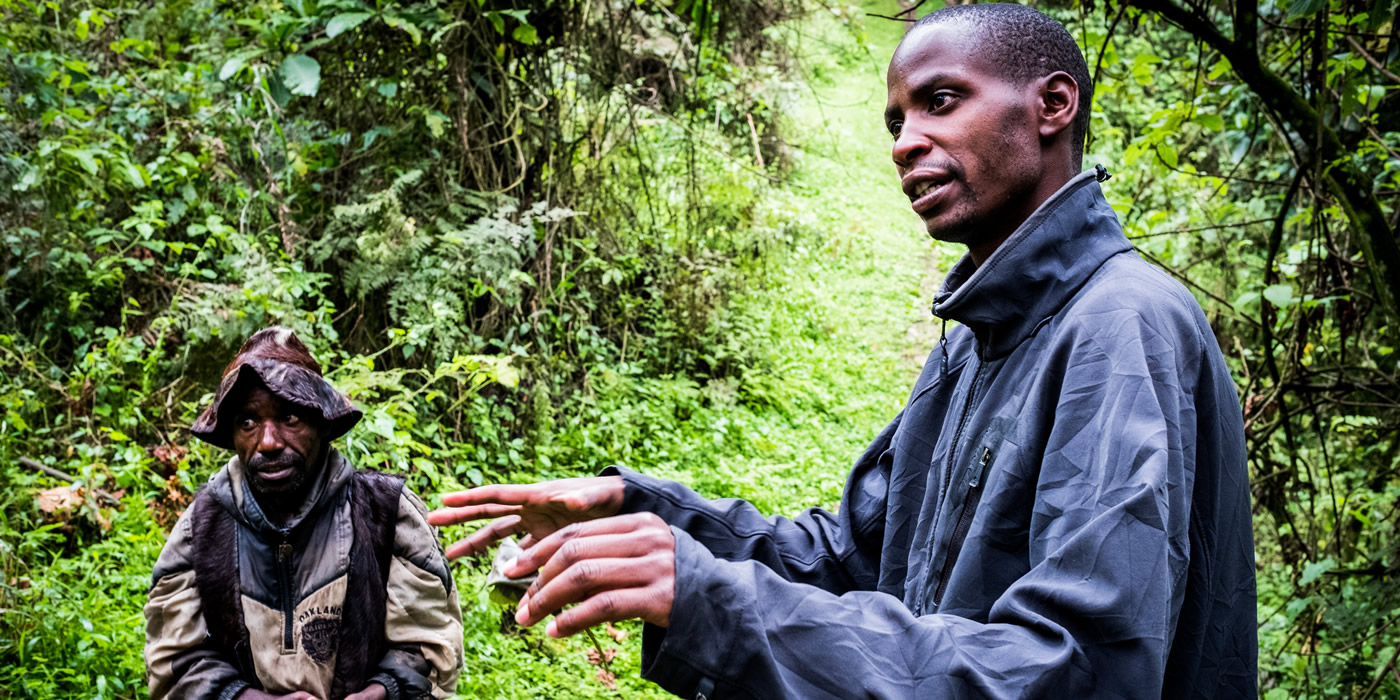Awareness and education are critical steps towards motivating and empowering people especially the youth and host communities to protect environment from increasing degradation and biodiversity threats. Conservation Education helps to change behaviours and increase the public’s knowledge of local resource conservation issues including climate change, biodiversity conservation/loss, litter, water and waste management, food security, land degradation and disaster risks like flooding, landslides among others. Most of host communities around protect areas in Uganda are mostly poor and consume natural resources as a means of maintaining their daily livelihoods. Empowering these communities with knowledge helps them to effectively manage and sustainably utilize the natural resources and to be better custodians of the environment, wildlife and wildlands.
At Care for Nature, we are using conservation awareness to raise consciousness of host communities about ecosystem conditions and impart in them ecologically appropriate behaviours so that they can involve themselves in a decision- making process that ensures any economic development considers both the current and future ecosystem preservation. We use conservation education to promote environmental sustainability and resiliency to climate change in all our interventions include afforestation and reforestation programs and best agricultural practices to sustainably use smaller land for best yields. We are working with education institutions to engage students in conservation education, protection of wildlife, tree planting, and environmental conservation. Working with Uganda Park services, we arrange school visits to National Parks to increase student’s awareness on wildlife conservation. We are also sensitizing students and their families on the role of waste management on sanitation and hygiene improvement.

